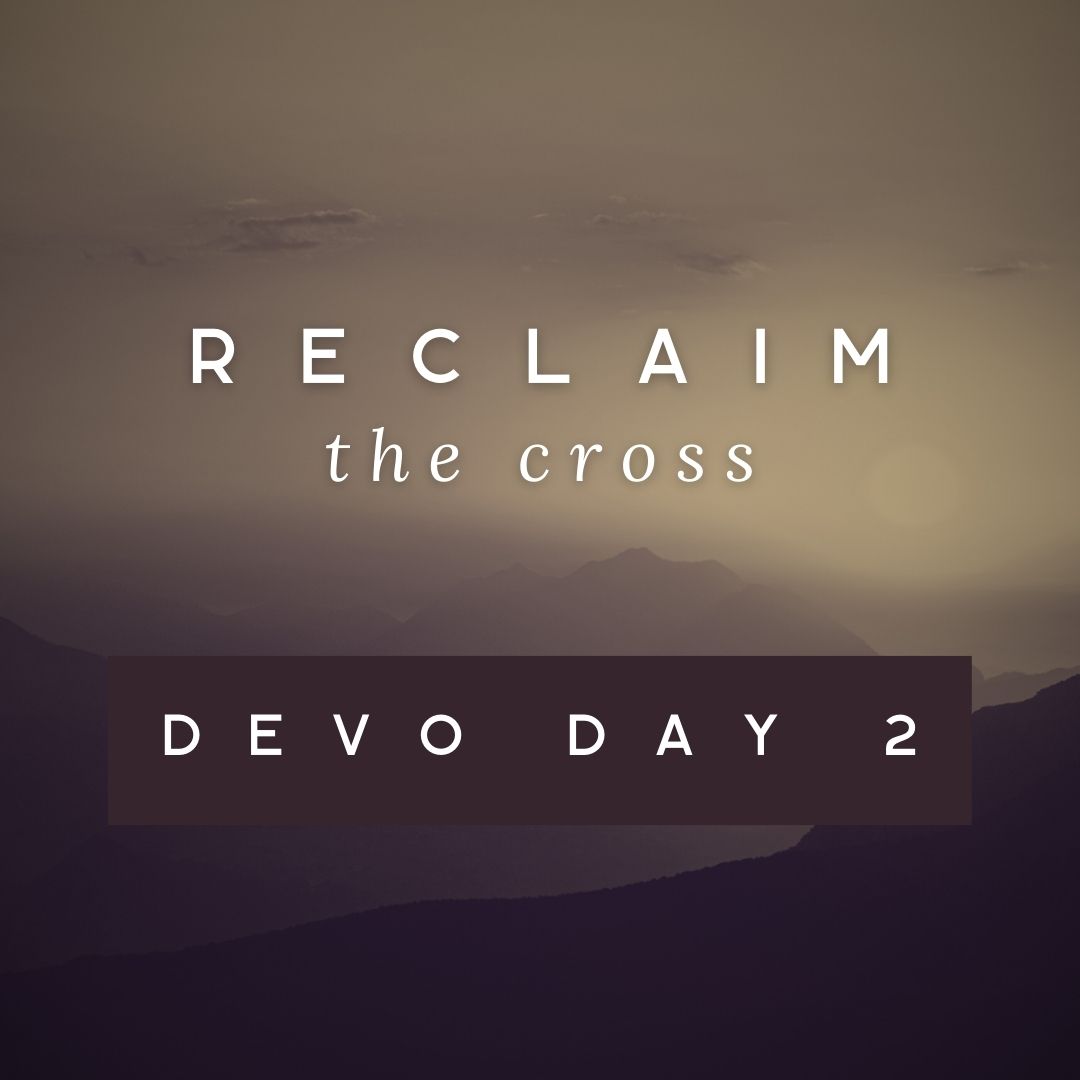All this is from God, who reconciled us to himself through Christ and gave us the ministry of reconciliation: that God was reconciling the world to himself in Christ, not counting people’s sins against them. And he has committed to us the message of reconciliation.
2 Corinthians 5:18-19
Imagine two friends, estranged for years, finally bridging the gap that kept them apart. Their reunion isn’t just a return to old ways; it’s a new beginning enriched by forgiveness and a deeper understanding. This is the essence of reconciliation with God, magnified infinitely by divine love.
Our journey of faith often begins at a distance from God, wandering paths that lead us away rather than toward Him. Yet, God, in His boundless grace, did not wait for us to find our way back. He built the bridge Himself through Christ. The cross stands as the ultimate symbol of reconciliation, where Jesus took upon Himself the weight of our transgressions, not to count them against us but to erase them.
This divine act of reconciliation is not just a historical event; it’s an ongoing reality. God invites us into a continuous reconciliation with Him and those around us. He entrusts us with the ministry of reconciliation, calling us to be ambassadors of His love and forgiveness. This is no small task, and it’s not always easy. It challenges us to look beyond our prejudices, to forgive when it’s hard, and to love unconditionally.
Being reconciled to God also means seeing the world through His eyes. Where there is division, we are to sow unity; where there is conflict, peace; and where there is brokenness, healing. Our lives are to be lived-out testimonies of the reconciling power of the cross, echoing God’s call to be reconciled.
Now that we are reconciled with God, now what? Friend, our journey doesn’t end but begins anew. We are called to live out our reconciliation actively and consciously. This means striving to emulate God’s love, forgiveness, and compassion in our own lives. As God reconciled us to Himself through Christ, we must become agents of reconciliation ourselves. This involves mending broken relationships, promoting peace and unity, and offering forgiveness and understanding towards others.
It also means sharing God’s love and reconciliation with others through our words and actions. In essence, being reconciled with God calls us to transform not just our relationship with Him but also our relationships with others and the world around us.
So, as we reflect on this profound gift of reconciliation, let’s ask ourselves: How are we living out this ministry? Are there relationships in our lives that need the healing touch of reconciliation? Let us be the ones who step forward to build bridges, following in Christ’s footsteps.
Prayer
- Thank You for reconciling us to Yourself through Your Son, Jesus Christ. Help us to grasp the depth of Your love and forgiveness, and empower us to be ministers of reconciliation in a world that desperately needs it. Guide us to live out this calling with courage and compassion, reflecting Your love in every interaction. In Jesus’ name, Amen.
Personal Reflection
- In what ways have you experienced God’s reconciliation in your own life?
- How can you be an ambassador of reconciliation in your community and relationships?
Step of Faith
- Identify a relationship in your life that needs reconciliation. Pray for guidance and take a step towards mending this relationship, whether through a conversation, an act of kindness, or offering forgiveness.
- Commit to a daily practice of reflecting on God’s grace in reconciling us to Himself, allowing this to inspire acts of love and reconciliation in your own life.








